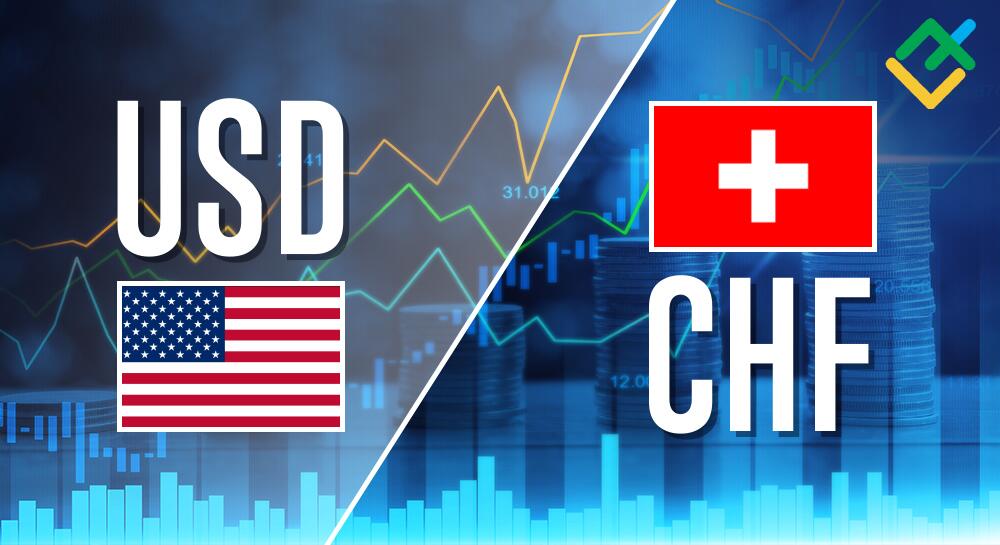Top 20 Forex Trading Tips
You Must Know!
Looking for the most effective Forex trading tips in 2023? Here’s your complete guide with 20 practical strategies covering mindset, brokers, risk management, psychology, and tools to help you start trading with confidence.

Whether you’re a beginner or simply want to sharpen your skills, mastering Forex takes time, discipline, and consistent learning. These tips will help you start strong and grow smarter.
1. Choose Your Broker Wisely
Selecting a reputable, licensed broker is half the battle. Research reviews, ensure regulation, and match your broker to your trading style. Avoid shady platforms—trust is key.
2. Create Your Own Strategy
Don’t rely on others’ systems. Build a trading plan that fits your goals, risk tolerance, and schedule. Define your exit targets before you enter a trade.
3. Start Small
Begin with small investments. Understand the basics first, then scale. Think “slow and steady wins the race.”
4. Control Your Emotions
Emotions cloud judgment. Stay level-headed—especially after losses—and stick to your trading plan to avoid unnecessary risks.
5. Manage Stress
Don’t trade when you’re tense. Stress leads to impulsive decisions. Pause, take a walk, or listen to calming music. Mental clarity is your edge.
6. Practice on a Demo Account
Practice makes progress. Use a demo account to refine your skills without financial risk. It’s free and effective.
7. Master Trading Psychology
Understand your mental habits. Ask yourself:
- Am I trading emotionally?
- Is frustration driving my decisions?
- Why did I choose this currency pair?
Self-awareness is a powerful tool in trading.
8. Accept the Risk
Forex isn’t a guaranteed win. Losses are part of the journey. Stay realistic and plan your strategies accordingly.
9. Be Patient
There’s no fast track to success. Real gains come from research, practice, and experience over time.
10. Commit to Lifelong Learning

Study the market, monitor news, and never stop improving. Platforms like Financial 101 offer educational content to support your growth.
11. Take Breaks
Trading overload leads to burnout. Step away from your screens regularly to reset your focus and avoid impulsive mistakes.
12. Plan Ahead
Always trade with a strategy. Ask yourself:
- What’s my risk tolerance?
- Do I have a backup plan?
- Am I prepared for all possible outcomes?
13. Use Charts Effectively
Charts offer powerful insights. Learn to read them properly so you can act quickly based on technical data.
14. Avoid Overtrading
Don’t chase every opportunity. Set trade limits per day or week to stay focused and avoid emotional decision-making.
15. Watch Out for Greed
Greed leads to overexposure. Stick to your profit/loss targets. Know when to walk away and lock in your gains.
16. Always Use Stop-Losses
A stop-loss prevents devastating losses. It’s your last line of defense—especially when you can’t monitor trades in real time.
17. Analyze Past Trades
Keep a journal. Review your wins and losses to identify patterns, improve decision-making, and stay disciplined.
18. Be Willing to Adapt
The market evolves. So should you. Experiment, innovate, and test new tools like MT4 Supreme Edition to stay ahead.
19. Don’t Be Intimidated
Everyone starts somewhere. Stay committed, and remember—preparedness and perseverance are your greatest assets.
20. Stay Consistent
Above all else, trading requires consistency. Develop a disciplined routine and stick to it. Success in Forex is earned through repetition, reflection, and resolve.
 Globals-AI
Globals-AI
Trading CFDs on leverage involves significant risk of loss to your capital. CFDs are complex instruments and come with a high risk of losing money rapidly due to leverage.
⚠️ Risk Warning
Please note, that we are providing the users of the Website with education services only which consist of various trading ‘training’ courses, including, but not limited to tutorials, blogs, education packages, and several levels of market coaching, offered solely for educational and training purposes on our Website, which you may purchase from the Company through the Website.
Trading in financial instruments involves high levels of risk. While we do not offer any trading services in relation with any financial instruments, it is important for us to highlight that you should not trade in any financial instruments, or deal with any financial services provider, unless you understand and can undertake all the risks involved. You are solely responsible to conduct your individual research before making any investment decision, and where appropriate obtain personal advice in this regard. We do not provide such advice, and you should consult independent advisors.
You must also note, that trading in financial instruments with any provider that you will choose involves a high level of risk. Trading in leveraged instruments (e.g. CFDs or forex contracts) involves an even higher risk of financial loss – leverage may work in your benefit, as well as against you. Trading in leveraged financial instruments may result in large financial loss (even of the entire amount of your investment).
Before trading in any financial instruments, and even more so in leveraged financial instruments, you should make sure you fully understand, and can tolerate, the risks involved in trading. Trading in financial instruments is not suitable for all investors, and you are responsible to assess whether trading is suitable for you.
We will not assess your personal situation (including financial situation) as we provide educational services only, and we cannot opine in the suitability of trading in general, or of trading in any particular financial instruments, might be suitable for you. We do not provide any trading, financial, tax or legal advice, and you should consult your own independent advisors before engaging in trading.
Any information provided to you as part of our education services constitutes general information only, is not made personally for you, does not take into account your personal circumstances, and although it may contain certain predictions, does not include any guarantee that any such prediction should be correct or accurate.
You are solely responsible to assess the quality of any information, as well as its appropriateness for your personal circumstances. We are not, and shall not be, responsible for any loss or damages you may suffer as a result of trading in financial instruments with any third party, or your reliance on any information, prediction, analysis or report provided to you.
Do not trade with money which you cannot afford to lose. Or with borrowed money.